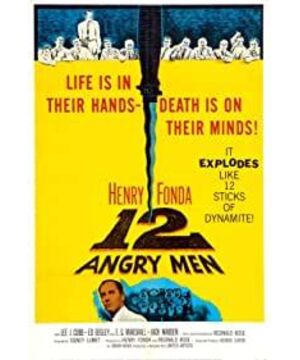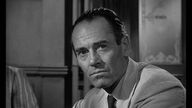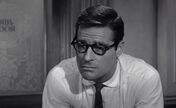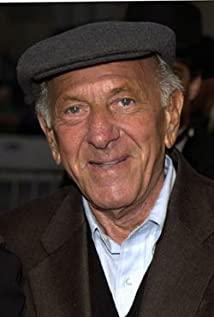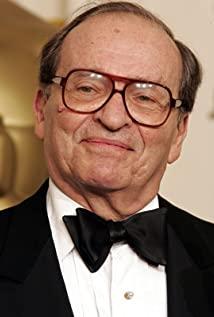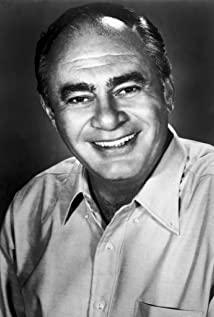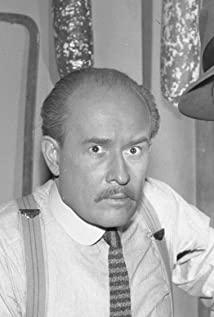The 12 people in the film argued like everything we have today.
Eleven of the 12 people immediately chose their positions and stood in the team. A few of the 11 people obviously hesitated to raise their hands after seeing others raise their hands. The only one who didn't raise his hand became an alien and was besieged by everyone. When asked why he didn't raise his hand, he gave a reason that seemed to be okay: I just wanted to talk.
What is a talk? What can I talk about? Did we make a hasty decision? The evidence is conclusive. Killing will pay for your life. Do you want to intercede for the crime? Which side are you on?
Thus, the controversy began.
In the argument, we can see the following kinds of people:
1. He only cares about money and the ball game. As for the child's life or whether he kills or not, it doesn't matter. If it is determined that the kid killed can quickly end the discussion, he will choose the "guilty" side; when the momentum of the discussion is biased towards the other side, he will choose the "innocent" side. He has become a "crawler" because he feels that the choice of these two positions will only be related to his time, and that the child's life is not related to him.
2. He chose the "guilty" stance out of prejudice against slum children; he firmly believes that the child's crime is not because of any evidence, but a deep-rooted prejudice. Everything he had ever seen proved the child's violent tendencies, and he was unwilling to allow a few exceptions to overthrow his entire system based on huge experience.
3. He insisted on his position and tried his best to fight against each other. At the beginning of the confrontation, he deliberately declared that his judgment was derived from evidence. But later it was not difficult to find that he just didn't want to lose. He easily stood on the commanding heights of morality at the very beginning. He didn’t want a strange person’s argument to knock down his justice and morality. He didn’t want to change from a just person to a sadist in a blink of an eye. I would like to see a hero suddenly popping out, turning the whole situation around and turning himself into a loser.
4. He is not the hero who turned the tide of the war, but a thinker who "everyone is drunk and I am alone". He does not express opinions lightly. He is calm, deep, and wise, insisting on his opinions from beginning to end, and this is not based on any prejudice or emotions-he doesn't even shed a sweat even in the hot summer— -This is based on his own inference of the evidence. When everyone else was incited to shake by the rising hero, he remained unmoved and kept his independent thinking, because he knew that the two evidences were not affected by the hero’s suspicion from beginning to end. Overthrow the slightest. He changed his position only when the evidence was proved to be false in the end.
6. The remaining few people don't think too much. Their judgments are based on simple evidence and their own intuitive feelings. As long as they are persuasive enough, they can shake their positions. But they are distinct from right and wrong, and each have their own personalities: some have a strong sense of justice, some respect procedures, some are weak on the outside but tough on the inside, some are sentimental and kind, some just want to relax, and some are detailed. Observation is very keen.
The prejudice that comes from experience and emotion, the prejudice that comes from the desire to win, the cowardly person, the simple judgment of laziness, the selfishness of the rudder...Of course, these people are only supporting roles, serving as a foil for heroes. of. The reason why the actor can reverse the case on his own is not because he is more just, more moral, more faithful and persistent, and better at observing than others, but precisely because of his "hesitancy." Faced with ironclad evidence, he was suspicious; faced with a position that could be easily chosen, he hesitated; faced with arguments that could be blurted out, he was not confident; faced with the temptation of moral high ground, he was calm. He was saying "maybe" and "possible" countless times, and he couldn't be sure that the evidence was true and logically correct. He always felt that he did not have sufficient reason to let one person die, even if the child might have done evil since childhood, even if the other eleven people were absolutely determined. Does that kid really deserve to die? He is not sure, he does not know.
What a "unsure" and "don't know"! Our many academic disputes, social disputes, and political struggles are surprisingly similar to this meeting in the film. Many of us are accustomed to making unshakable conclusions just by looking at a few words in the newspaper, and making moral judgments about the behavior of others based on our own thinking within 5 seconds. If you find the words of a dissident, you can use all kinds of righteous words to condemn the other party's "unjust" position, and you will not hesitate to go to war. As the dispute escalates, he will look for countless evidences that are beneficial to himself to repeatedly prove his own correctness and the other party's mistakes, ignoring any refutations to himself. The more ferocious the enemy, the more insistent he is. I am very proud of my persistence and belief, and I always consciously or unconsciously say something that makes myself look righteous: love the truth.
However, in the end, few people will look back and find that the whole incident is nothing but a few words in the newspaper and the position they stood within 5 seconds. They had nothing to do with the incident, but in the end they controlled the direction of the incident. The question being discussed at the beginning was messed up in the wind, and all that happened was that one side defeated the other, and then waited to be overcome by the latecomers.
Standing in line is always simple. You only need to pay a judgement to gain a moral peak. Therefore, in this originally clear-cut meeting, a person who said "I don't know" seemed so valuable. The information we have is limited, and the arguments we make are simple. Why are we so sure that we know everything? Why do we have the right to end 100% of a person’s life before those 1% possibilities are denied?
The "agnostics" are labeled too quickly, as they have made other judgments. We say we don’t know because we really don’t know. How complicated this world is, how small we are like ants. It is not that we don’t know anything, but there are still a lot of things we don’t know. We are not lacking justice and conscience, nor are we afraid to fight evil, but we hope that we can have enough reasons to believe that we are not wrong before all the blood is shed. It is a pity that no one has ever really mastered the ultimate truth. The truth of one era will always be overthrown by the next. People's decisiveness and persistence are always temporarily gorgeous, and longer time will become ridiculous and absurd.
Shouldn't we believe and persist? Don't we stand in the middle without any pain?
No, we naturally have to insist on what we think is right. Just please leave yourself a possibility of error before insisting. If we really love the truth as we say, why not let our fallacies be overthrown once?
View more about 12 Angry Men reviews


